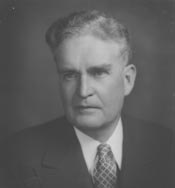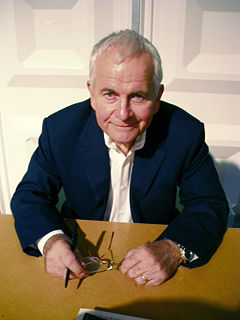A Quote by Jerry Spinelli
Related Quotes
Now, suppose a Negro does something really magnificent, and I glory, not in the benefit to mankind, but in the fact that the doer was a Negro. Must I not also go hang my head in shame when a member of my race does something execrable? . . . The white race did not go into a laboratory and invent incandescent light. That was Edison. . . . If you are under the impression that every white man is an Edison, just look around a bit.
The modern view of criminal justice, broadly, is that public concern with morality or expediency decrees expiation for the violation of a norm; this concern finds expression in the infliction of punishment on the evil doer by agents of the state, the evil doer, however, enjoying the protection of a regular procedure.
When you are not the doer how can the attachment happen? You do a small thing and you become attached. You say, "I have done this." You would like everybody to know that you have done this and you have done that. This ego is the barrier for the supreme understanding. Drop the doer and let things happen. That's what Tilopa means by being loose and natural.
It does not follow from the separation of planning and doing in the analysis of work that the planner and the doer should be two different people. It does not follow that the industrial world should be divided into two classes of people: a few who decide what is to be done, design the job, set the pace, rhythm and motions, and order others about; and the many who do what and as they are told.



































